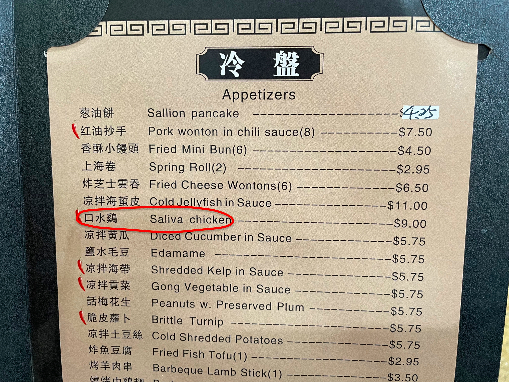Usually, though not always, when I Romanize Sinographs on Language Log, I do so using Modern Standard Mandarin (MSM), but that is misleading, because MSM is only one of countless different topolectal pronunciations that could be used (Cantonese, Shanghainese, Sichuanese, and so on and so forth). MSM is particularly ill-suited for the Romanization of pre-modern literature, since — of all topolects — it is the most highly evolved (ergo youngest) and least like earlier stages of Sinitic. In this post, I will use Southern Min pronunciation to give a sense of how different it is from MSM.
The Min Romanizations have been prepared by Conal Boyce using a Yale-like system he developed in 1975 in preference to Douglas-Campbell.
Douglas, Carstairs (1899) [1873]. Chinese-English Dictionary of the Vernacular or Spoken Language of Amoy (2nd ed.). London: Presbyterian Church of England.
Campbell, W. (1913). A Dictionary of the Amoy Vernacular. Tainan: Ho Tai Tong.
Read the rest of this entry »



